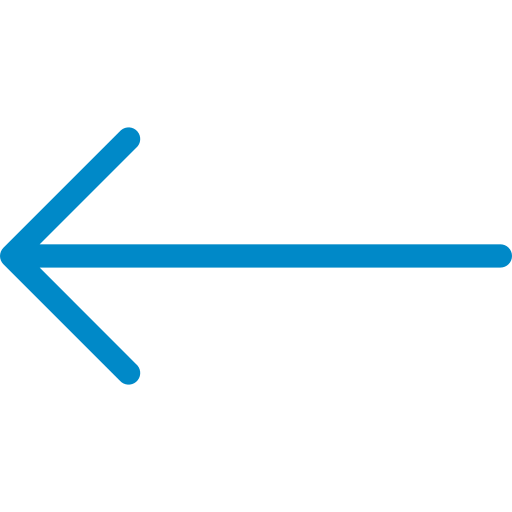GATE Computer Science Engineering Syllabus
Home / GATE / GATE Computer Science Engineering Syllabus
The GATE CSE syllabus comprises several important subjects, including Programming and Data Structures, Algorithms, Theory of Computation, Computer Organization and Architecture, Operating Systems, Databases, Computer Networks, and Software Engineering. These subjects cover various topics such as arrays, linked lists, trees, graphs, sorting, searching, automata theory, computer arithmetic, pipelining, memory hierarchy, process management, deadlock, database design, normalization, network layers, protocols, and software design.
GATE Computer Science Engineering Syllabus
GATE Computer Science Engineering S Subject Wise Weightage
The subject-wise weightage for the GATE CSE exam varies each year. However, Programming and Data Structures is given the highest weightage of 12-13 marks, followed by Algorithms (8-9 marks), Theory of Computation (7-8 marks), Computer Networks (7-8 marks), Operating Systems (7-8 marks), and other subjects. Therefore, candidates need to prepare well and have a thorough understanding of each subject to perform well in the exam.
| Subject | 2012 | 2013 | 2014 | 2015 | 2016 | 2017 | 2018 | 2019 | 2020 | 2021 | 2022 | 2023 |
|---|---|---|---|---|---|---|---|---|---|---|---|---|
| General Aptitude |
15 |
15 |
15 |
15 |
15 |
15 |
15 |
15 |
15 |
15 |
15 |
14 |
| Discrete Maths |
18 |
13 |
23 |
23 |
16 |
16 |
16 |
14 |
15 |
15 |
19 |
17 |
| Theory of Computation |
8 |
8 |
6 |
6 |
9 |
10 |
8 |
6 |
9 |
9 |
7 |
9 |
| Computer Organisation |
6 |
13 |
8 |
8 |
9 |
10 |
11 |
4 |
13 |
10 |
9 |
12 |
| Programming Languages |
7 |
4 |
3 |
4 |
6 |
10 |
8 |
10 |
5 |
4 |
5 |
6 |
| Computer Networks |
10 |
6 |
8 |
10 |
9 |
8 |
7 |
10 |
6 |
7 |
11 |
8 |
| DBMS |
11 |
10 |
8 |
6 |
4 |
8 |
6 |
8 |
8 |
8 |
7 |
5 |
| Design & Analysis Algorithms |
6 |
10 |
7 |
10 |
11 |
6 |
10 |
8 |
3 |
11 |
7 |
6 |
| Operating Systems |
10 |
10 |
7 |
6 |
9 |
6 |
8 |
10 |
10 |
7 |
9 |
7 |
| Digital Logic |
1 |
3 |
6 |
4 |
4 |
5 |
4 |
7 |
2 |
4 |
3 |
6 |
| Compiler Design |
2 |
3 |
3 |
4 |
4 |
4 |
5 |
6 |
4 |
8 |
4 |
5 |
| Data Structures |
6 |
5 |
6 |
4 |
4 |
2 |
2 |
2 |
10 |
2 |
4 |
5 |

 7799996602
7799996602
